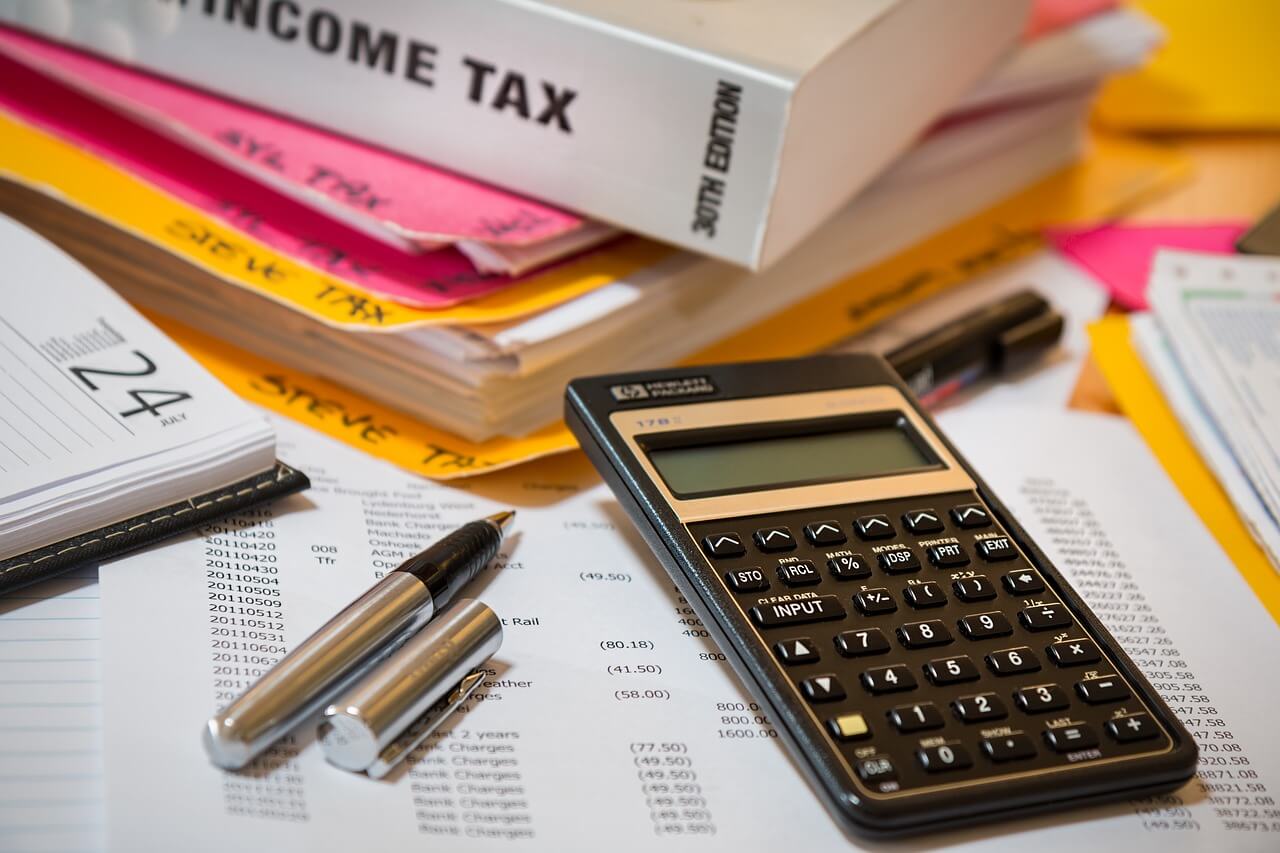If we talk about the taxing system in Australia, then the governing body that regulates the entire taxation process is the Australian Tax Office (ATO). It sees and regulates the entire taxation system that includes business tax audits as well. In the past few years, business tax audits are at a record high and ATO is eager to take on the businesses that are not paying their share of tax. With that, tax auditors are in demand as the business can hire their services to avoid any official tax audits.
What Is A Tax Audit?
A tax audit is a process in which the ATO decides to review an individual’s or company’s tax affairs to verify the authenticity of the information provided for the tax return. This includes checking whether all income was declared, deductions were accurate, and tax-related obligations were calculated and reported correctly.
Any business or individual who has been through a tax audit would tell you that it’s a time-consuming process that should be avoided by filing an authentic income report. It is scarier for small or medium scale business owners because of owning more taxes on a limited budget. Tax audits and reviews can be stressful and potentially expensive in terms of extra tax payable, interest and penalties.
Situations Where Your Business Can Be Audited
- Being A Cash-Only Business
Gone are the days when our whole financial system was heavily dependent on the circulation of physical currency to back each and every transaction. In the present digital world, where transactions can be made using our smartphones, the need for cash-only businesses is limited. Except for restaurants or takeaway stores, every business is using digitised banking services. But if you are into a cash-only business, like restaurants or takeaway stores, you are the prime for an audit, especially when your expenses are disproportionately high compared to your declared income.
- Business Performing Above or Under Industry Expectations
The ATO has created certain benchmarks for businesses by industry. If you have a small business and you don’t declare all your sales, the ATO will often identify that your business performs poorly compared to other similar businesses. They set a minimum expected revenue based on these benchmarks and whether your business underperforms or over performs, you should expect ATO scrutiny for that. In short, if your business income and expenses are outside the benchmark, the ATO will take a closer look. To avoid such scrutiny, seek the advice of an experienced tax agent.
- Having Undeclared Foreign Income
Some countries are known as tax havens due to leniency for taxation. Thus, many businesses register their businesses in such countries and enjoy a tax-free income. Now, if you’ve any unaccounted international transaction, then it can trigger a tax audit. Any transaction with tax haven countries and material funds transfers are two examples of things that the ATO will pay close attention to. So, if you’ve any sort of overseas commercial property purchase and finance, you can expect a tax audit on such dealings. Thus, one should provide information related to any foreign income from overseas shares or bank accounts and should be declared in your tax return.
- Exploiting Deductions
There are many deductions in the taxation system that an individual or a business can file for. And as an individual or a business owner, you are entitled to take every last deduction. With that being said, ATO focuses on those individuals or business owners, who take excessive work-related deductions. The following are some of the standard rules for such deductions:
- Only claim for items you spent the money on
- Don't claim for private or domestic costs, like the daily commute to and from work
- Keep records to support all your deductions
Anything that crosses such standards and is suspicious of exploiting deductions is summoned with tax audits.
- Income Not Aligning with Lifestyle
When your income is not aligning with your lifestyle, then you’ll get a tax audit checking your income. The ATO can look at your assets, such as cars and properties, then work out the estimated income that you’d need for these. If the income on your tax return is significantly less than this, the ATO will likely investigate further. Furthermore, if you are having a self-managed super fund (SMSF) and your small-scale business earnings can’t justify the same, then you will get a tax audit on your financials.
The best way to avoid any tax audit is to get the
professional help of a tax agent. They can guide you with all the proceedings
related to filing tax and can show you the legitimise path for filing the
income tax return.







Follow us